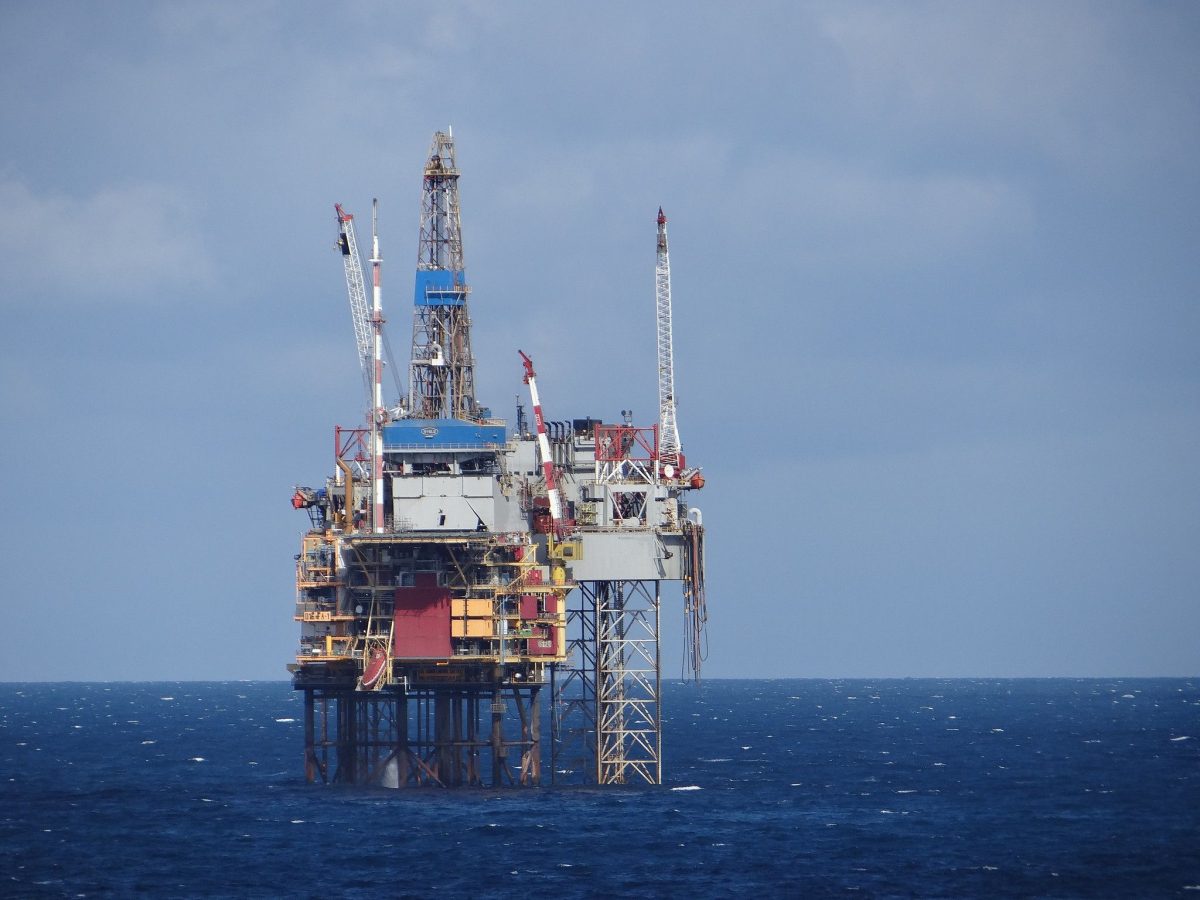
When you’re in a hole, it’s time to stop digging
Coined in the 1950s the psychology term cognitive dissonance has become popularly understood to mean a situation where a person holds two completely contradictory beliefs without seeming to comprehend the problem with this.
Cognitive dissonance is very much in evidence in many countries’ attitudes to climate change and fossil fuels, the main cause of climate change.
Both the Scottish Government and the UK Government claim to be among the world leaders on climate change and that is true-ish for the UK and true for Scotland (although everyone needs to do much more). Yet both governments are still firmly committed to a policy which locks into law a duty to extract every last drop of oil and gas possible.
Some countries have realised that when you are in a hole the first thing to do is stop digging. Or as Swedish climate activist Greta Thunberg says, if you’re house is on fire, don’t pour on petrol.
Belize, Denmark, France, Ireland, New Zealand, Wales and some US states have all stopped issuing new licences for oil and gas developments. Italy has a temporary ban in place. Of course we need to phase out fossil fuels completely, and soon, in a planned and organised just transition, but stopping looking for more is an excellent first step.
UK Government is issuing new licences for oil and gas
Meanwhile in the UK, we will very soon see the results of the thirty-second round of licensing for offshore oil and gas – new sites which could still be producing fossil fuels into the 2050s. There was even more interest than the last round, with more than 100 applications made covering the 245 North Sea sites on offer.
There are still plans for a thirty-third round of new licences although they are delayed because of coronavirus.
A good campaigning ploy would seem to be for us at Friends of the Earth Scotland to bid for all the blocks and then not develop any we won. However, supposedly, you have to prove you are a credible applicant capable of developing the site and we don’t seem to have any petro-geologists on the staff of FoES or own any oil rigs.
The thing about cognitive dissonance is that it is hard to live with and so sufferers will grasp at any straw which might seemingly reconcile the glaring contradiction in their world view. This is exactly what is happening with the oil industry.
Carbon capture is not the answer
Everyone who wants to maintain the fiction that you can extract as much fossil fuels as you like and still claim you are serious about climate change, is delighted to enthusiastically embrace carbon capture and storage as the answer. This is an eye-wateringly expensive technology that might take most (but not all) of the carbon out of fossil fuels if you actually got it working on a massive scale.
The result of this prize being dangled by the oil industry is that both the UK and Scottish Governments are throwing money at the carbon capture dream. One of the first economic recovery packages from the Scottish Government supports CCS and related industries. The UK Government put in funding last year and it is widely expected there will be lots more in the economic recovery funding announced by the Chancellor Rishi Sunak next month.
As an answer to climate emissions carbon capture is much too slow and much too expensive. The same money spent on energy efficiency and renewable energy would create more jobs, reduce emissions permanently to zero and improve people’s lives by making their homes more liveable. Our recovery from the virus needs to be one which sets us on the right, fair track on energy and climate.
Dr Richard Dixon is Director of Friends of the Earth Scotland. A version of this article appeared in The Scotsman on Tuesday 30 June.
